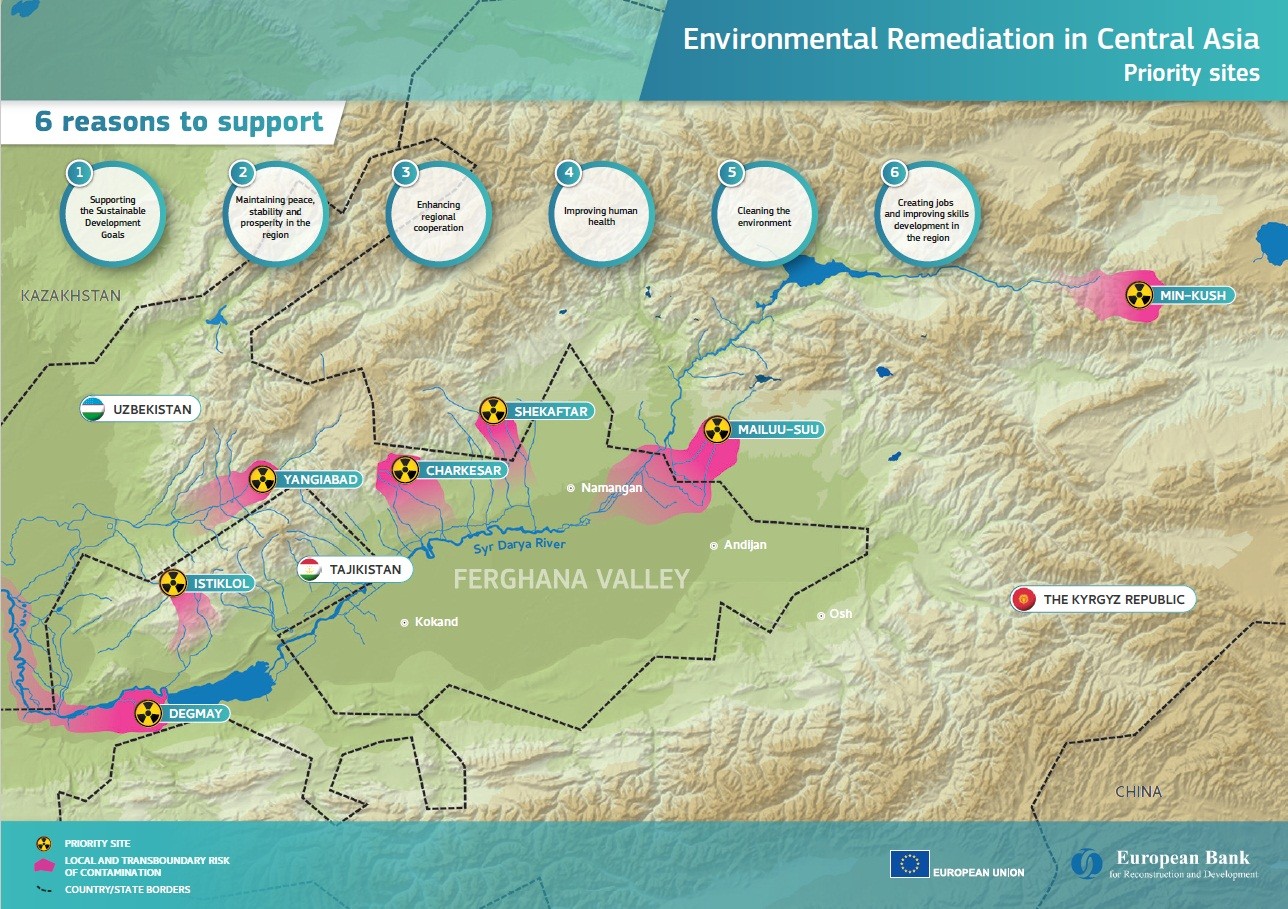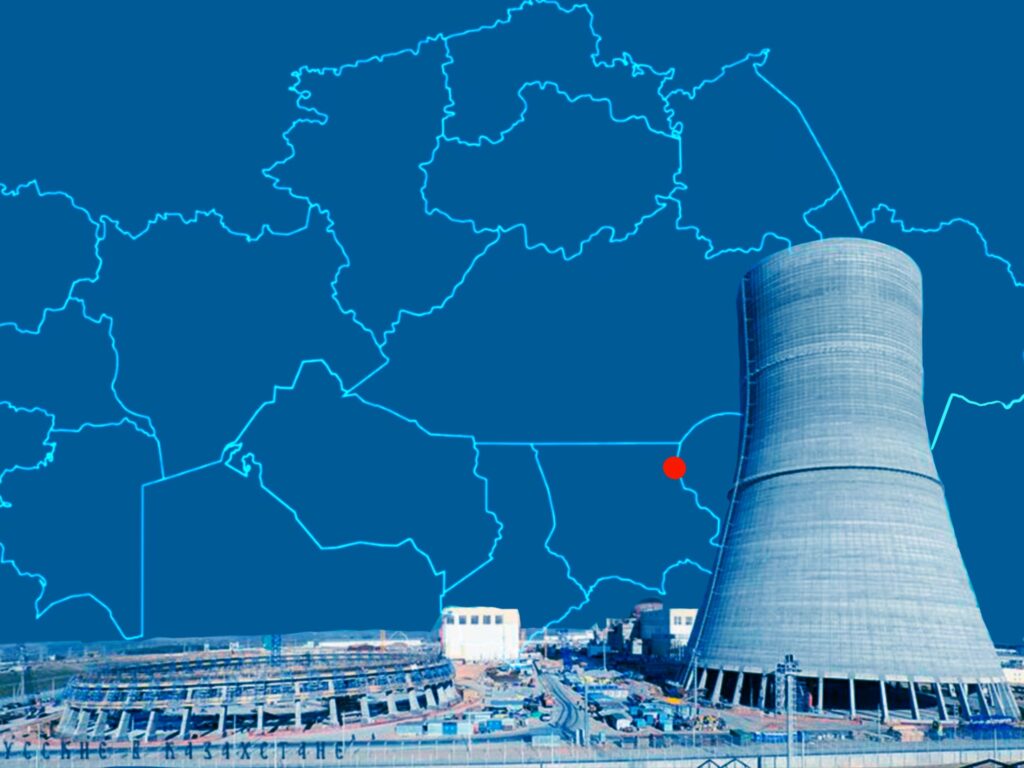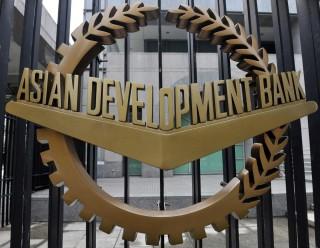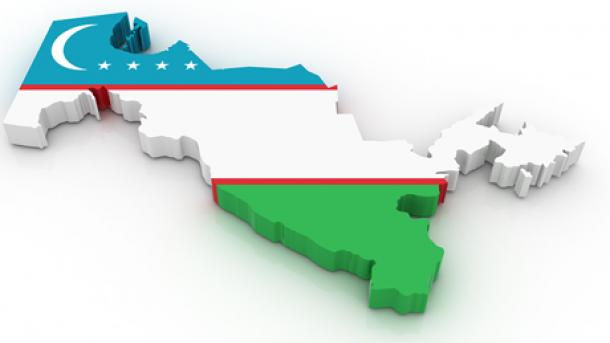BISHKEK (TCA) — At the international donors’ conference on nuclear remediation in London on November 8, the European Union has announced additional €10 million, in order to support its partners in Central Asia in dealing with toxic and radioactive waste in Kyrgyzstan, Tajikistan and Uzbekistan. This comes on top of the €16 million, which the EU had already contributed to this end.
The EU is leading the implementation of the sustainable remediation programme in the region. For more than 10 years it has worked on feasibility studies and environmental impact assessments, with an initial investment of around €14 million. Work has been carried out in close collaboration with the Governments concerned, the International Atomic Energy Agency (IAEA) and the UN Development Program (UNDP).
Remediation plans are the next phase. They have been endorsed by the relevant Governments and now require urgent action. The estimated one billion tons of hazardous processing waste abandoned in the region represent a threat to the people and the environment.
The programme has identified seven priority sites (see the map) where action must be taken to prevent the pollution of the Fergana valley – the breadbasket of Central Asia – by the Syr Darya river.
The international donors’ conference on nuclear remediation in London is an initiative of the Kyrgyz government and was hosted by the European Bank for Reconstruction and Development (EBRD), which manages the account created to finance environmental remediation projects in Central Asia.









